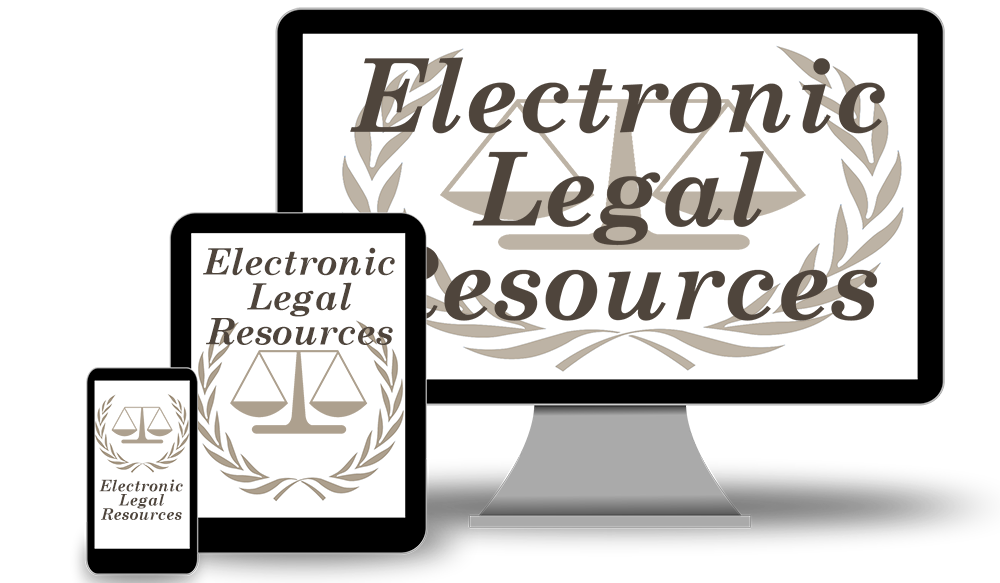Tax law is among the most complex and technical legal fields, complicated by the fact that it is constantly changing. This article provides a quick overview of commercial databases that specialize in tax research for law students planning on careers in tax law. Every database uses the same foundation of primary sources like the tax code and IRS revenue rulings that are available for free from websites like irs.gov. Commercial databases should bring some impressive value-added tools and commentary to the table to be worth their high cost. Database content may vary depending on the subscription plan. All of the databases below offer federal, state, and international tax coverage, depending on your plan.
- RIA Checkpoint (Thomson Reuters): Checkpoint provides the ability to subscribe to high-quality treatises from WG&L like Bittker and Eustice’s Federal Income Taxation of Corporations and Shareholders. It has news and analysis like Tax Watch, journals including the Journal of Corporate Taxation, and productivity tools such as the Federal Tax Coordinator Checklists, Form/Line Finders, and the RIA Citator (like Shepard’s or KeyCite). It has a clean, easy-to-use interface.
- Bloomberg Tax: Bloomberg’s flagship product is the BNA Tax Management Portfolio series, which is comprised of mini-treatises on narrow tax topics that are searchable by keyword and IRS code section. There over 400 portfolios across the three series of portfolios on U.S. Income, Foreign Income, and Estates, Gifts, and Trusts. Bloomberg also has journals, the Federal Tax Developments Tracker, tax calculators, and interactive “workflow tools” that walk you through all of the considerations related to a transaction. IRS attorneys use Bloomberg in their work.
- Tax Notes: Tax Notes has fewer fancy tools than the other databases on this list, but it is well respected by tax practitioners and scholars for the timely, thoughtful, and detailed analysis and commentary provided in its publications.
- CCH OmniTax (Intelliconnect): OmniTax’s flagship product is its series of tax reporters, like the Standard Federal Tax Reporter and the state tax reporters, that combine code sections with regulations, legislative histories, and commentary, making them valuable research tools. OmniTax also has Smart Charts that help you create custom comparisons of laws across multiple jurisdictions. Unfortunately, OmniTax has a clunky, outdated interface that is a little hard to use.
BYU Law students can contact librarian Iantha Haight for access help.

